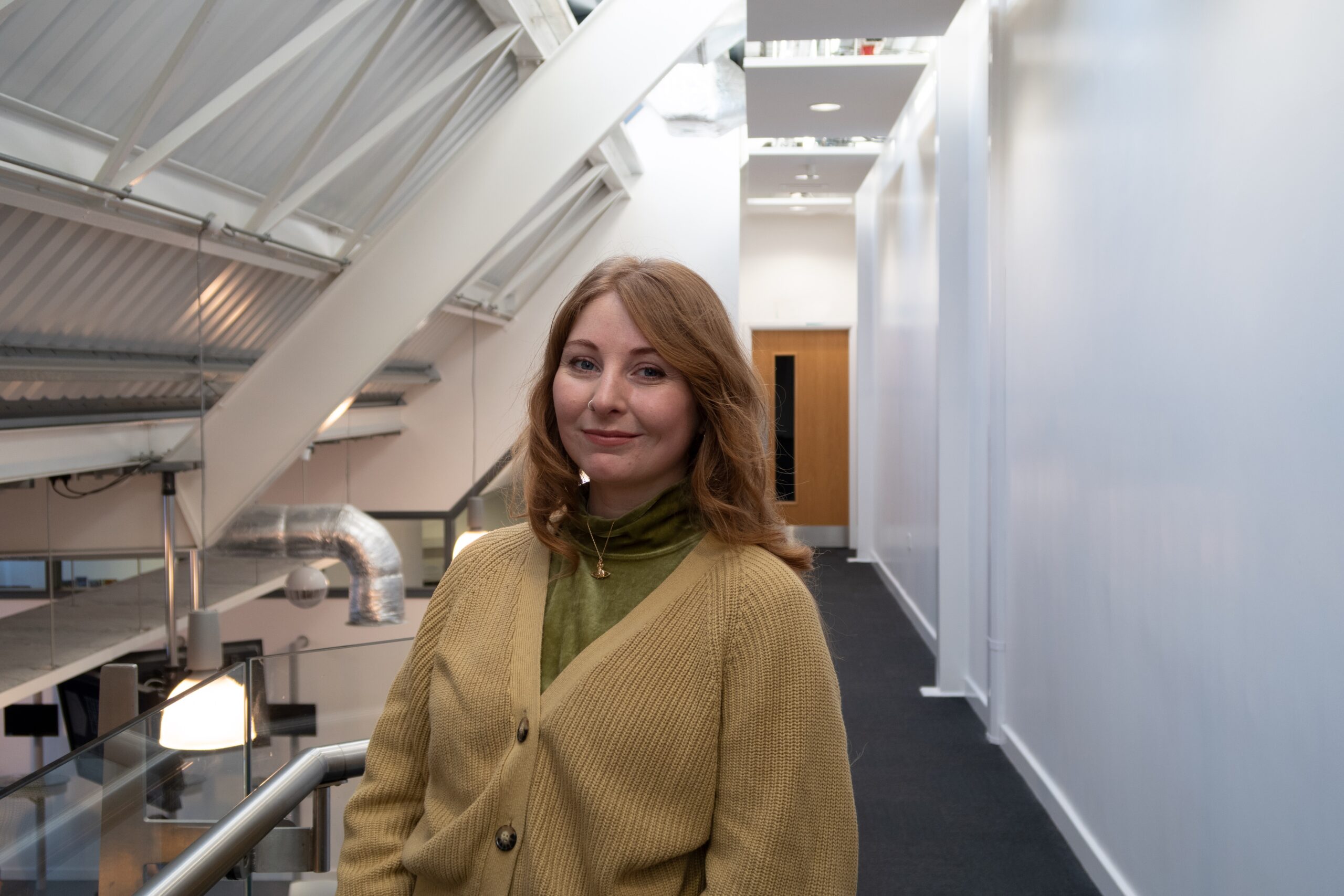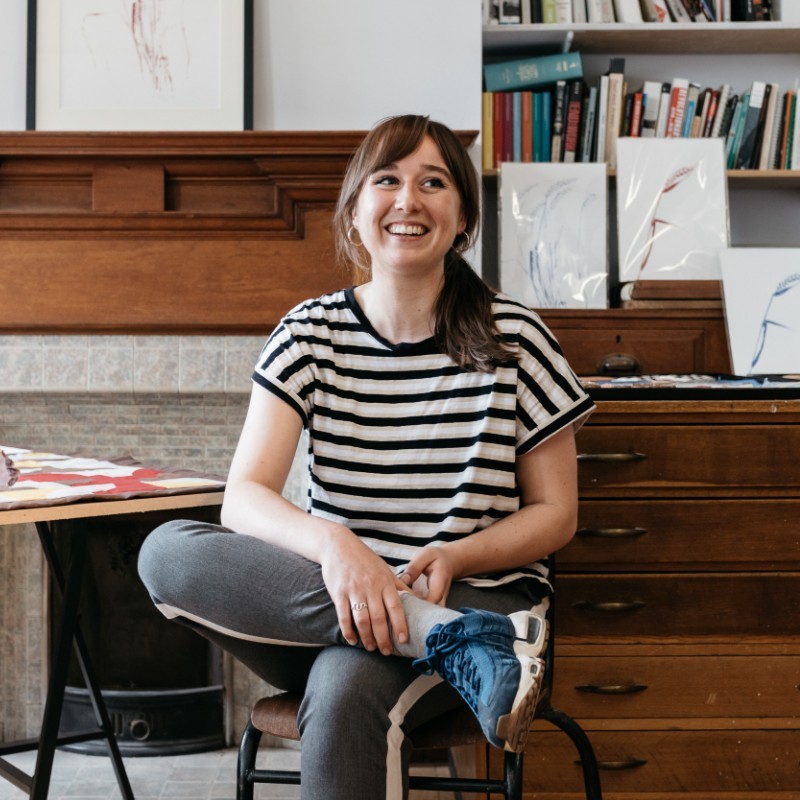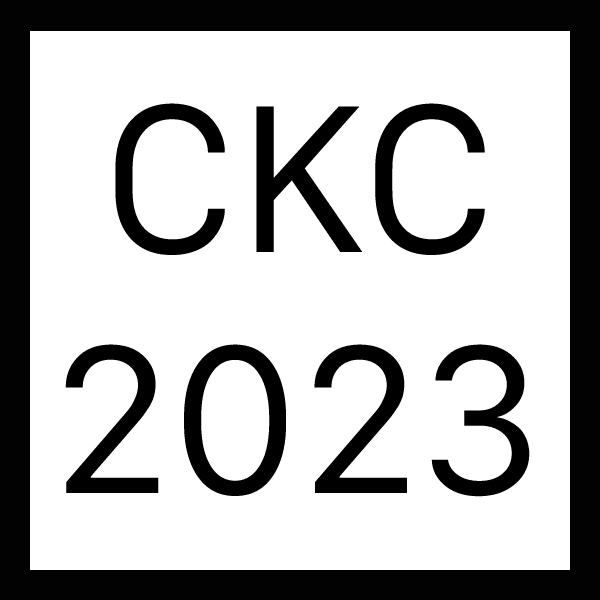CKC 2023: New Futures for Creative Economies
Day 1
The Value of Artists’ Spaces: Testing Qualitative Methods to Measure the Cultural Value of Artist’s Studio Spaces and Social Networks
Abstract
Artists often work within physical and social spaces to develop professionally and personally. The development of artists is something which policy makers and funders value, and which many arts organisations list as an integral part of their mission and seek to support through the provision of space. This demarcates artist development as a cultural value which requires measurement to ensure that organisations are meeting their goals and missions, but due to its intangibility, ‘artist development’ exemplifies a cultural value which is difficult to measure and understand (O’Brien, 2010). The nature of artistic work means that it is often not dependent on specific and measurable impact outcomes, and important insights are missed by conventional, statistical data gathering. This is especially true when it comes to the spaces through which arts organisations often provide access to, and where artists’ gain access to much of their professional and personal development.
Artist spaces exist both physically, in the form of studio spaces, or metaphysically as networks which connect artists to like-minded individuals, providing resources, social capital and opportunity spaces for self-organisation. Physically, these spaces look like permanent studios, meanwhile spaces, galleries, home offices and/or places embedded within the community. Artist networks are spaces which exist to connect and strengthen links between practising artists. These networks take many forms, from formal organisations purposefully set up to support artists, unions, collectives, and digital platforms, to personal, informal social networks, often instigated through education or location, all of which equally contribute to artist professional development. Professionally artists use these physical and social spaces to carve out a career from their artistic practice, through the provision of a place which has the necessary properties, objects and resources required to carry out their practice. Personally, these spaces are a means for artists’ to maintain positive wellbeing, often through fostering meaningful relationships and seeking out support from others (Jaffe, 2021) and by providing a safe space for experimentation (Tuan, 1997), confidence building and emotional security (Sjöholm 2014).
This collaborative paper will address how we can understand or propose ways to measure the professional and personal development of artists who occupy spaces as an intrinsic cultural value. It will explore developing innovative qualitative methods that are used to understand how the lived experiences of artists who operate within studio spaces and artist networks contribute to delivering cultural value which is prized by arts organisations, funders and policy makers.
References
Jaffe, S., (2021). Work won’t love you back: how devotion to our jobs keeps us exploited, exhausted, and alone. First edition. New York, NY: Bold Type Books.
O’Brien, D., (2010). Measuring the value of culture: A report to the Department for Culture, Media and Sport. Project Report. London [Report].
Sjoholm, J., (2014). The art studio as archive. Cultural geographies. 21(3), 505–514.
Tuan. Y. F., (1977). Space and Place: The Perspective of Experience. London: Edward Arnold.
Biographies
Hayley Reid is an artist and PhD researcher at the University of Sheffield. Her research explores how artists’ wellbeing is influenced when working in temporary art spaces, working in collaboration with arts organisation East Street Arts in Leeds. Hayley has a particular interest in materiality and temporality and how these theories can be utilised practically to best support artists. Her art practice focuses on the intersection of writing with other mediums such as textile and video work.
Alice Chandler is an artist and postgraduate researcher at the University of Leeds, School of Performance and Cultural Industries. She is working in partnership with Yorkshire Visual Arts Network, one of the national Contemporary Visual Arts Network regions which advocate for artists within policy discussions. Her research explores the value, impact and sustainability of artist networks in Yorkshire, with a view to understanding how early career artists and visual arts organisations could collaborate on new models for understanding network value, and supporting artist’s career sustainability and professional development.

Hayley Reid



